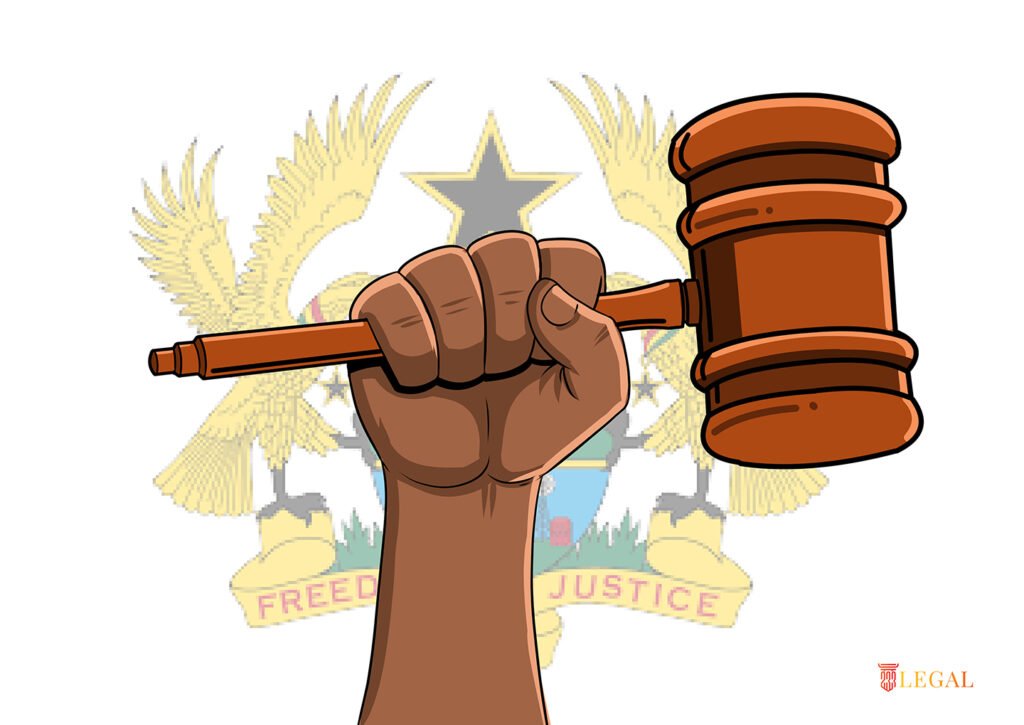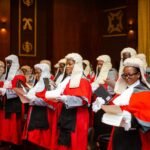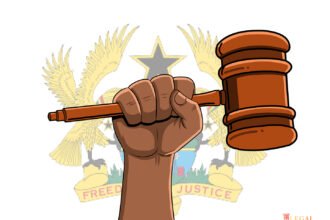
Published June 16,2025
ABU RAMADAN & EVANS NIMAKO v. ELECTORAL COMMISSION & ATTORNEY GENERAL — In Re: Contempt Proceedings Against Montie FM and Others. Supreme Court [2016] GHASC 48
Introduction:
This case touches on the constitutional limits of freedom of expression and the media’s role in public discourse. It highlights the inherent power of the judiciary to punish for contempt and affirms the sacred duty of the courts to protect their independence, authority, and integrity from scandalous attacks. It also sets a precedent on the liability of media owners and hosts for contemptuous broadcasts.
Facts:
During a politically sensitive period, Montie FM – a private radio station in Accra – aired a programme in which two panellists, Alistair Nelson and Godwin Ako Gunn, made incendiary remarks about the Supreme Court and the Chief Justice. They accused the Court of political bias in relation to its decisions on the voters’ register and threatened violence against the judges if their decision did not favour the Electoral Commission. Their comments invoked the 1982 murder of judges, a reference seen as a direct and chilling threat.
The programme was hosted by Salifu Maase, also known as “Mugabe”, who not only failed to moderate the discussion but actively egged on the threats and insults. The owners of Montie FM, Network Broadcasting Co. Ltd., and the frequency license holder, Zeezee Media Ghana Ltd., were also summoned for their roles in allowing the broadcast.
All the respondents were brought before the Supreme Court to show cause why they should not be committed for contempt of court on three grounds:
- Scandalizing the court
- Defying and lowering the authority of the court
- Bringing the administration of justice into disrepute
Holding:
The Supreme Court convicted all the respondents and imposed custodial sentences and other penalties. The Court made the following determinations:
- The statements made by the 3rd and 4th respondents scandalized the Court, impugned its impartiality, and were a calculated attack on the judiciary.
- The host, Salifu Maase (2nd respondent), not only failed in his gatekeeping role but actively encourage the misconduct and failed in his professional duty to moderate discourse responsibly.
- The 1st respondent, owners of the station, were held liable for failing to supervise content aired on their platform and for providing the means by which the contempt was broadcast.
- The frequency license holder was deemed an accessory by enabling the transmission of contemptuous material using a public resource.
- The apologies and pleas for mitigation, though noted, were insufficient to offset the gravity and reckless audacity of the contempt.
Implications of the Decision:
This case affirms that freedom of expression does not extend to threatening or undermining the judiciary, especially in ongoing legal matters. The decision:
- Sends a strong message to media houses, hosts, and panellists about the legal consequences of contemptuous broadcasts.
- Reasserts the constitutional obligation to preserve the independence and dignity of the judiciary.
- Clarifies that corporate and individual actors alike are answerable for what is said on public platforms under their control.
Significant Quote:
“We are here confronted with contemptuous conduct which has the effect of undermining and eroding the very foundation of the Judiciary by shaking the confidence of the people in the ability of the court to deliver independent and fair justice. In this light, though there is something that could be said of the substantively criminal nature of the threats made by the 2nd – 4th contemnors to do harm to High Court and Supreme Court judges, that is a matter for a different branch of government, which, without need for any prompting, ought to be alive to its duties vis-à-vis enforcement of the criminal law of the land. Our sole focus in this matter is on protecting the paramount public interest in maintaining the independence, dignity and effectiveness of the administration of justice.” – Akuffo JSC
Commentary/Insight:
This decision is a landmark moment in Ghanaian legal history. It reinforces the importance of judicial independence as the backbone of democracy. The judgment makes clear that public commentary must be exercised within constitutional bounds, and that accountability in media spaces cannot be diluted by corporate excuses or editorial negligence.
While the Court acknowledged remorse and pleas for leniency, it emphasized the growing culture of reckless commentary and threats against judges. The ruling thus stands as a reminder that judicial power to punish for contempt is vital and constitutionally protected, and will be enforced to safeguard the rule of law.











